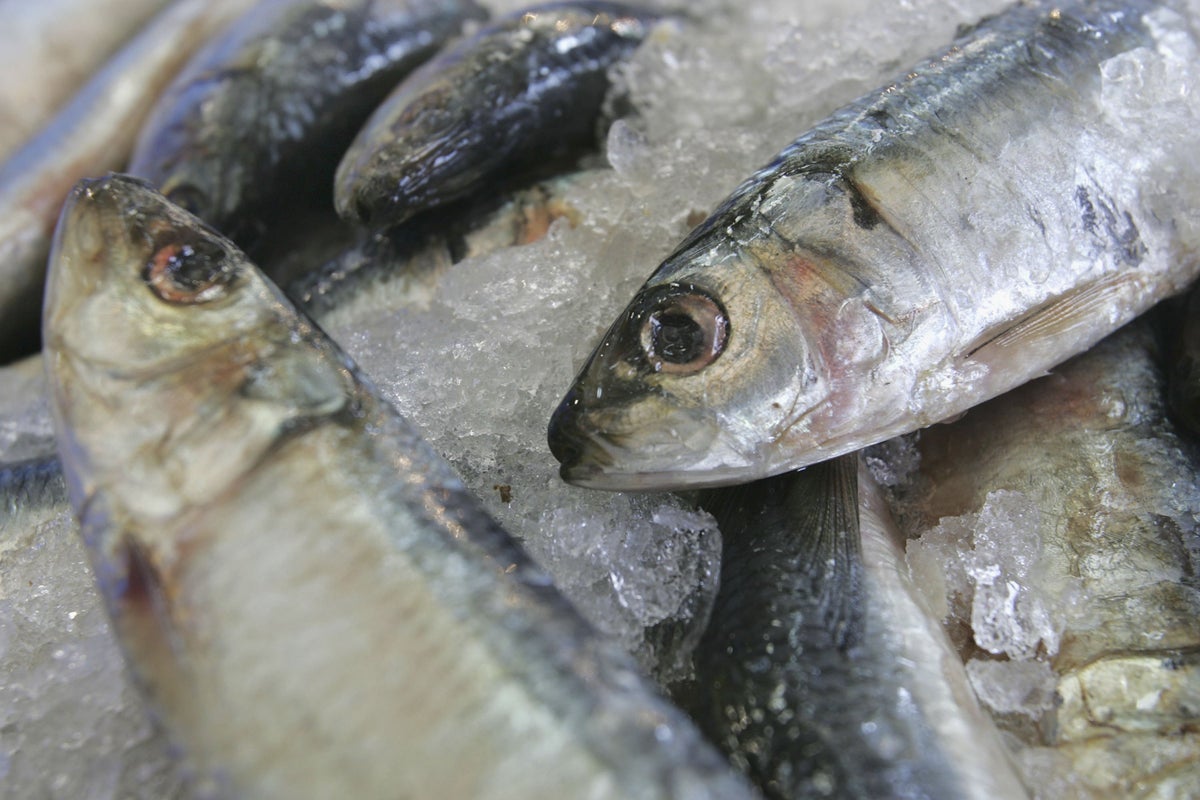
A botulism outbreak that allegedly originated at a restaurant in Bordeaux has sparked international concern with 10 cases and at least one death.
Sardines served at the Tchin Tchin Wine Bar are believed to have caused the illnesses, per a press release from Santé Publique France.
At least 10 people have fallen ill, eight requiring hospitalisation and one resulting in death.
The press release urged people who visited the restaurant and subsequently developed symptoms to “consult a doctor urgently”.
A statement from the UK Health Security Agency also warns people who visited the restaurant to monitor themselves. “If you ate at the Tchin Tchin Wine Bar in Bordeaux, France between 4 and 10 September please contact your local Emergency department urgently”, the statement says.
The Irish Embassy in Paris also tweeted, “The Embassy is aware of a botulism outbreak linked to a wine bar in Bordeaux.” The embassy recommended Irish citizens who had recently eaten at the restaurant to “immediately consult a doctor” if they started experiencing symptoms.
The person who died was reportedly a 32-year-old woman from Paris, as The Independent previously reported; others affected by the outbreak were from Ireland, Canada, Germany, Spain, and the US. One 33-year-old woman from Toronto became so ill that she was having difficulty breathing and was almost fully paralysed when she sought medical care, per CTV News Toronto.
What is botulism?
Botulism is a rare condition that occurs when a toxin produced by bacteria attacks the body’s nerves. Botulism is often the result of bacteria found in food; they thrive in home-canned food, especially, per the Mayo Clinic. Oftentimes, botulism results from homemade food that hasn’t been stored properly. It can also occur when a wound is exposed to bacteria.
Foodborne botulism causes symptoms like dry mouth, difficulty speaking or swallowing, weakness on both sides of one’s face, double vision, blurred vision, trouble breathing, drooping eyelids, vomiting, nausea, stomach cramps, and paralysis; wound botulism causes some—but not all—of those symptoms.
While the symptoms of wound botulism may not show up for 10 days after a wound has been exposed to bacteria, the warning signs of foodborne botulism usually begin within 12 to 36 hours after eating the food.
It’s important to seek medical care if you think you have botulism, since it can be life-threatening. The condition affects one’s ability to control their muscles, so it can cause complications that take a long time to heal, including shortness of breath and lasting weakness.
Usually, if a doctor suspects botulism, they’ll ask what kinds of foods you’ve recently eaten. To confirm the diagnosis, they may check for paralysis or muscle weakness or drooping eyelids. They may also request a sample of one’s blood, vomit, or stool to check for the toxin that causes the illness.
Foodborne botulism is sometimes treated through medications that cause people to vomit or empty their bowels, since clearing the digestive system may ease symptoms.
Antitoxins—which attach to toxins and keep them from harming the nervous system—can also be injected to treat foodborne botulism. These medications cannot reverse harm that’s already been done, but nerves can sometimes repair themselves. Wound botulism is commonly treated with antibiotics.
There are a couple of ways to lower your chances of suffering from foodborne botulism, per the Centers for Disease Control and Prevention (CDC). You can refrigerate homemade foods that might lead to exposure to the toxin, such as oils infused with herbs or garlic, and keep baked potatoes wrapped in aluminium foil hot (which is defined as above 140 degrees Fahrenheit) until they’re served. Additionally, it’s important to refrigerate pickled or canned foods after they’ve been opened, the CDC says.







